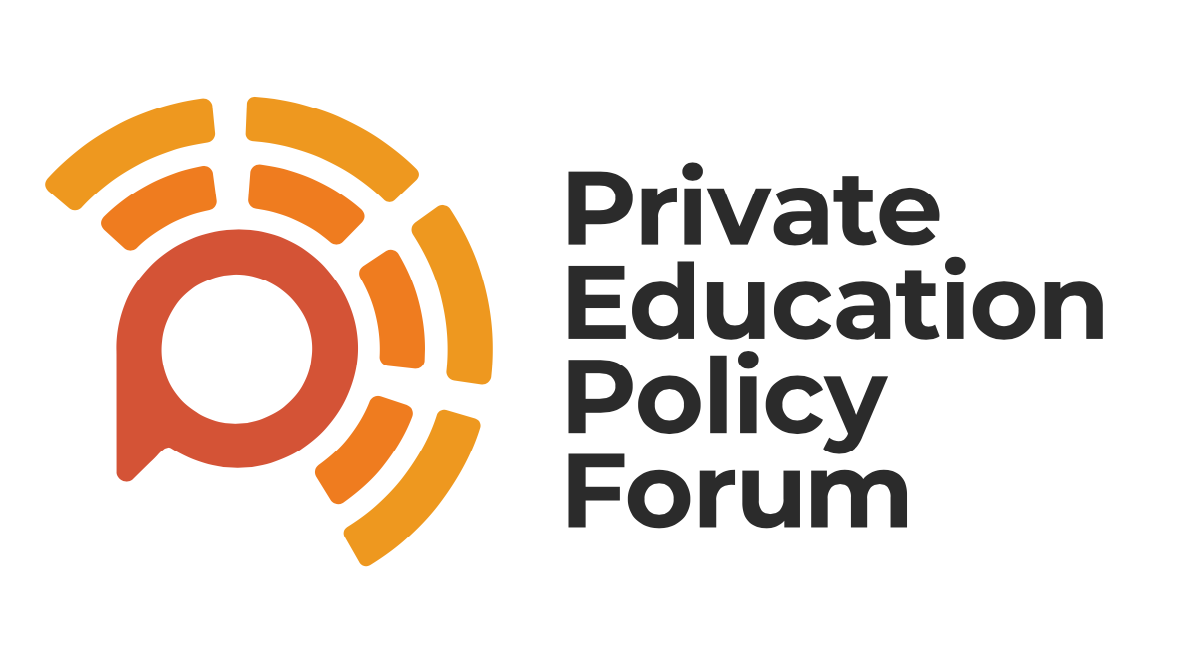
Title:
“Do private school girls marry rich?” Longitudinal and Life Course Studies Journal, 9(3) 327-350.
Authors: Green, F., G. Henseke, Samantha Parsons, A. Sullivan and R. Wiggins (2018).
What’s it about?
The Daily Mail published an article featuring a woman who said that she was paying for her daughter’s private schooling so that she would be able to marry a richer husband.
This research paper investigates whether this aspiration was well-founded.
The researchers hypothesised that a privately-educated woman would be more likely to marry a privately-educated man, partly because of the shared values and networks inculcated in private schools.
They also drew on prior evidence that private schooling raises the chances for women to go to university.
They then noted that it is common for people to partner with others at the same education level; this is sometimes referred to as “educational homogamy”.
Because a university education raises the chances of obtaining a well-paid job, the women’s future partners would on average be better paid.
Methodology
The study utilised data from two data sets. The first followed a representative sample comprising 8,162 women from 1991 to 2013, a sub-sample taken from The British Household Panel Study paired with the UK Household Longitudinal Study (BHPS-UKHLS).
The second used the British Cohort Study (BCS), which is a regular survey of all people born in a particular week in 1970.
This research used the data covering when the respondents were 42, in 2012, together with the detailed background data collected throughout their childhoods and in earlier adult years.
With both data sets, the researchers could account for the expected differences between those who went to private and state schools, using statistical techniques to compare people who are similar in their observed ability and background but who followed different types of schooling.
What are the findings?
- The study finds evidence of “school-type homogamy”: a privately educated woman, compared with a state-educated woman with an otherwise similar social background is seven percentage points more likely to marry a privately educated man.
- The husbands of privately-educated women earn more than the husbands of otherwise similar state-educated women. This premium is 15 percent on hourly pay, according to the BHPS-UKHLS data set covering adults of ages 24 to 50, and 20 percent on weekly pay among the 42-year olds in the BCS data set. This substantial premium through marriage is additional to the private-school premium that the women gain for themselves in the labour market.
These findings raise anew the issue of the negative association between private schooling and social mobility.
The link is already implied by previous evidence that both men and women gain a premium in the labour market from their private schooling, alongside the exclusivity in access that derives from the high fees.
The new findings reinforce this link: they suggest that private schooling for women helps to retain economic and social advantages within the family.
What are the limitations of this research?
The research was able to account for many background features, but there could be some unobserved characteristics – such as parental attitudes – which affect whether they send their daughters to private school and perhaps also their daughters’ eventual choice of marriage partners.
If so, the real causal effects of the private schooling might be somewhat less than the estimates imply.
Future research could usefully examine the marriage advantages for men from private schooling.
Explained by: Francis Green, Professor of Work and Education Economics at UCL Institute of Education.



